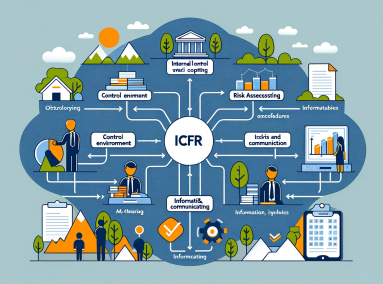blockchain Weighing the Pros and Cons of ICO Investments
23-11-26
본문
Initial Coin Offerings (ICOs) have become a significant and innovative method for startups to raise capital, especially in the blockchain and cryptocurrency sectors. This comprehensive guide aims to provide a detailed understanding of ICOs, explaining their mechanisms, benefits, risks, and the overall impact on the startup financing landscape.
1. Introduction to Initial Coin Offerings (ICOs)
ICOs represent a groundbreaking approach in the world of fundraising, offering startups an alternative to traditional financing methods like venture capital or bank loans.
The Emergence of ICOs: Coinciding with the rise of cryptocurrencies, ICOs have gained popularity as a means for startups to raise funds by issuing their own digital tokens.
Basics of ICOs: In an ICO, startups offer their unique cryptocurrency tokens in exchange for established cryptocurrencies like Bitcoin or Ether, bypassing traditional fundraising channels.
2. How ICOs Work
The process of participating in an ICO involves several key steps, from token issuance to investor participation.
Investor Participation: To invest in an ICO, individuals need a digital wallet compatible with the ICO's tokens and use established cryptocurrencies to purchase new tokens.
Fundraising and Token Distribution: Startups set fundraising goals for their ICOs, with mechanisms in place to return funds if goals are not met.
3. Advantages and Challenges of ICOs
ICOs present both significant opportunities and notable risks, making them a double-edged sword in the startup financing world.
Benefits of ICOs: They offer rapid fundraising capabilities and accessibility, providing startups with an efficient way to secure capital.
Risks and Concerns: The unregulated nature of ICOs can lead to potential scams and fraudulent activities, necessitating investor caution and due diligence.
4. Regulatory Landscape and Future of ICOs
The evolving regulatory environment around ICOs is shaping their future and the level of trust investors place in them.
Navigating Regulations: As ICOs continue to grow, regulatory bodies are increasingly scrutinizing and setting guidelines to protect investors and maintain market integrity.
ICOs in the Future: The potential for more structured and regulated ICOs could increase their legitimacy and appeal to a broader range of investors.
5. Conclusion: The Role of ICOs in Modern Fundraising
ICOs have carved out a niche in the startup financing ecosystem, offering a novel and potentially lucrative avenue for raising capital.
Impact on Startup Financing: ICOs have democratized access to funding, allowing a wider range of startups to secure capital.
Investor Considerations: For investors, ICOs offer a unique opportunity but also require a careful approach given the risks involved.



